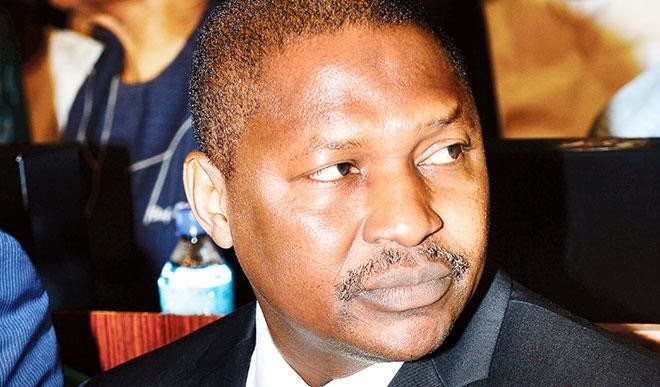The Process and Industrial Development Limited has said Nigeria’s fresh appeal moves will not stop it from commencing the seizure of the country’s assets.
It said the Federal Government must meet the deadlines for the payment of $200m security deposit and £250,000 cost awarded by a London court on September 26.
The Minister of Information and Culture, Lai Mohammed, had said on Wednesday that the Federal Government had directed its lawyers to seek the leave of the court to appeal against last week’s ruling of Justice Christopher Butcher of the Commercial Court in London imposing the payments as conditions for granting a stay of execution of a $9.6bn award in favour of P&ID.
The court’s ruling ordered Nigeria to pay $200m security fund into the court’s account within 60 days as the condition for granting the nation’s request to stay execution in the $9.6bn award in favour of the P&ID, and £250,000 cost to the P&ID.
But responding to The PUNCH’s request for its reaction to the fresh development, P&ID, through a London-based public relations firm, iNHouse Communications, which it engaged in the aftermath of the controversial $9.6bn judgment, said it was confident Nigeria’s fresh appeal would not succeed.
A statement attributed to a P&ID’s spokesperson in the iNHouse’s reply, read, “The English Court ordered Nigeria to pay US $200 million as security, plus GBP 250,000 to P&ID for its legal costs, as a condition for any stay of execution while Nigeria appeals the August judgment.
“The English Court rejected Nigeria’s application for permission to appeal the payment requirement. We are confident that Nigeria will fare no better with the Court of Appeal. If Nigeria refuses to pay, P&ID will be allowed to start seizing its assets.”
Nigeria’s Information minister had said on Wednesday that the Federal Government retained international legal firm of Curtis, Mallet-Prevost, Colt & Mosle LLP, for the case.
Mohammed argued that contrary to claims by the P&ID and “its cohorts”, the government delegation’s trip to London (for the September 26 proceedings) was a successful one.
Apart from the $200m, the minister had said the government would be able to seek refund of the £250,000 it was asked to pay to P&ID if the appeal succeeded.
Describing the delegation’s mission as a huge success, the minister had said the firm had every reason to be worried that the $9.6bn arbitration awarded to it had a good chance of being overturned.
He said, “The Federal Government has a good chance of being successful in its impending appeal, otherwise the Commercial Court would not have allowed the appeal.
“Please note that Nigeria will be able to demand a refund of the 250,000 GBP payment to P&ID where the government wins on the appeal. This fact is being hidden by those who have been spinning the London judgment in their own favour.
“On the $200m payment as a condition for the granting of the stay of execution, Nigeria has instructed its lawyers to seek the leave of the Court of Appeal to appeal against that payment.
Justice Butcher of the London Commercial Court had ruled on August 16, 2019 that P&ID had the right to seize $9.6bn in Nigeria’s assets.
The court’s ruling bordered on a 2010 contract Nigeria signed with P&ID for the company to build a state-of-the-art gas processing plant to refine natural gas (“wet gas”) into “lean gas” that Nigeria would receive free of charge to power its national electric grid.
The agreement suffered a setback and the P&ID won a $6.6bn arbitration award which in addition to interests rose to $9.6bn.
The London court in August this year affirmed Nigeria’s liability to pay the sum of $9.6bn to P&ID.
Nigeria returned to the court on September 26 to stop P&ID from enforcing the judgment.
The Federal Government got a leave to appeal and a conditional stay of execution while pursuing its appeal against the judgment.
The Punch

 News6 years ago
News6 years ago
 Featured6 years ago
Featured6 years ago
 Boss Picks6 years ago
Boss Picks6 years ago
 Headline6 years ago
Headline6 years ago
 Headline6 years ago
Headline6 years ago
 Headline5 years ago
Headline5 years ago
 Headline6 years ago
Headline6 years ago
 Headline6 years ago
Headline6 years ago












